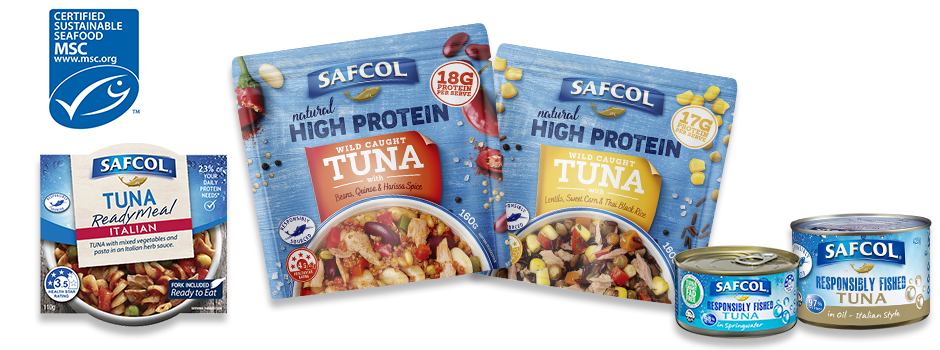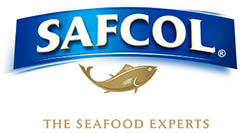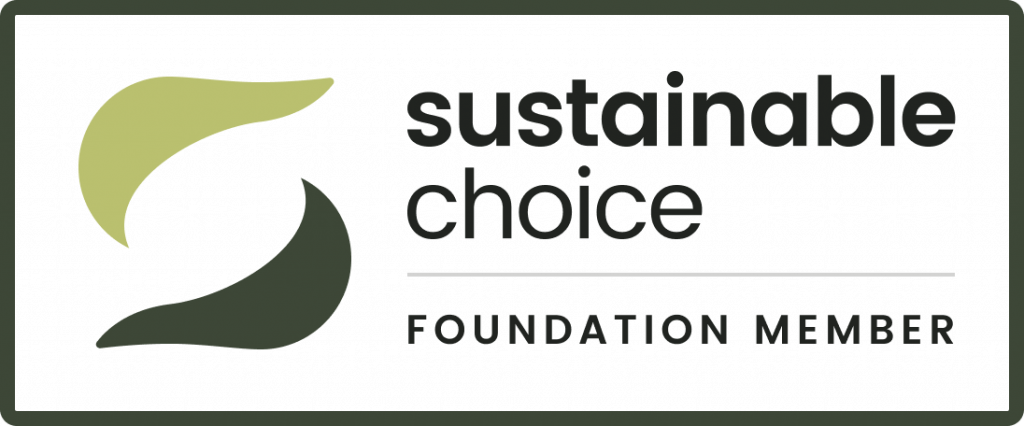by Ashleigh Feltham
Accredited Practising Dietitian and Accredited Nutritionist
If you suffer from eczema, you understand the discomfort of the itchiness and then the throbbing from your skin being scratched. Your diet can play a key role in helping manage this skin condition. Here are some key nutrients to include in your diet which may help reduce or prevent a flare-up of eczema.
Vitamin D and E
These two fat-soluble vitamins, particularly when combined, may help treat eczema. Before heading to the supplements try using a food first approach. Food adds not only these two vitamins but additional health benefits for your body. Not many foods are rich in both vitamin D and E, but two good sources are eggs which include the yolk as well as seafood like the quality products available from Safcol Seafood.
Zinc
Zinc plays an important role in wound healing and reducing inflammation in your body. Good sources of zinc can be found in seafood, nuts, seeds, red meat, dairy, poultry, legumes such as baked beans, and oats.
Fish Oil
There is limited evidence that supports including fish oil to help prevent eczema. Saying this there are many health benefits to including seafood two to three times a week for overall health as the whole food includes a matrix of health benefits for your body. Good sources of fatty fish with more omega-3 fat include salmon, sardines, herring, mackerel, and anchovies.
If you are stuck for ways to include seafood in your meals and snacks, check out the recipes section on the Safcol Seafood website. It will provide you with the inspiration you need to add seafood to any snack or meal.
Gut Health
Although this is not a specific nutrient your body has a skin-gut axis. This means if your gut is not healthy the health of your skin is likely to suffer. Help treat eczema by including two probiotic-rich foods each day like miso, yoghurt, tempeh, soft cheeses like cottage cheese, and natto. Also, the prebiotic-rich foods and polyphenols supply the food to keep your healthy microbes alive and look after your health. A good lifestyle strategy is including 30 different plant foods each week.
Take home message
Your skin is an organ that reacts to the diet you feed it. Help treat eczema by including an overall balanced diet that includes these key nutrients above it may provide some support in relieving your eczema or preventing flare-ups.

Reference:
- Bath-Hextall FJ, Jenkinson C, Humphreys R, Williams HC. Dietary supplements for established atopic eczema. Cochrane Database Syst Rev. 2012;2:CD005205. Abstract available from: https://www.ncbi.nlm.nih.gov/pubmed/22336810
- Camargo CA Jr, Ganmaa D, Sidbury R, Erdenedelger Kh, Radaakhand N, et al. Randomized trial of vitamin D supplementation for winter-related atopic dermatitis in children. J Allergy Clin Immunol. 2014;134(4):831-5. Abstract available from: https://www.ncbi.nlm.nih.gov/pubmed/25282565
- Health Canada. It’s your health: the safety of vitamin E supplements. 2006 [cited 2015 Jan 21]. Available from: https://www.canada.ca/en/health-canada/services/healthy-living/your-health/food-nutrition/safety-vitamin-supplements.html
- Bamford JT, Ray S, Musekiwa A, van Gool C, Humphreys R, Ernst E. Oral evening primrose oil and borage oil for eczema. Cochrane Database Syst Rev. 2013;4:CD004416. Abstract available from: https://www.ncbi.nlm.nih.gov/pubmed/23633319
- Bath-Hextall FJ, Jenkinson C, Humphreys R, Williams HC. Dietary supplements for established atopic eczema. Cochrane Database Syst Rev. 2012;2:CD005205. Abstract available from: https://www.ncbi.nlm.nih.gov/pubmed/22336810
- Bath-Hextall FJ, Jenkinson C, Humphreys R, Williams HC. Dietary supplements for established atopic eczema. Cochrane Database Syst Rev. 2012;2:CD005205. Abstract available from: https://www.ncbi.nlm.nih.gov/pubmed/22336810
- Schwartz JR, Marsh RG, Draelos ZD. Zinc and skin health: an overview of physiology and pharmacology. Dermatol Surg 2005;31:837-47. Abstract available from: https://www.ncbi.nlm.nih.gov/pubmed/16029676














Comments are closed.